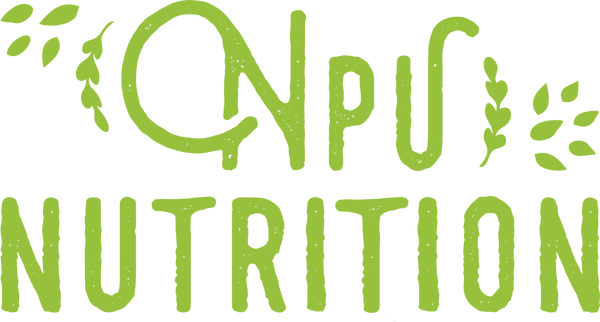Salads have a reputation for being a superb way to add more healthy foods to your diet. And they are! But they can also be hard on your digestion. If you experience bloating, gas, or other GI issues after a salad, it may be time to take a closer look at your plate. Here are a few do's and don'ts to guide you as you build your next plate of greens.
Do:
Add beet powder: If your goal is great digestion, beet root powder is the way to go. Among their many benefits, beets help bulk up your stool and feed the friendly bacteria in your gut. If you want to keep your beets subtle, add the powder to your favorite salad dressing. If, like many people we've heard from, you like a little texture in your salad, just go ahead and sprinkle it right on top!
Cook your vegetables: You may be surprised by how common it is for people to have difficulty digesting raw vegetables. This is due to a little thing called cellulose, a component of raw veg that is difficult to digest. The solution? Cook some of your veggies before you throw them on your salad. Steam them, roast them, saute them, or grill them - any cooking method will make a big difference.
Follow up with a doctor if you have trouble digesting lettuce: While many raw vegetables can be tough on digestion, lettuce usually isn't one of them. If you find you're having trouble digesting this leafy green, it may be worth mentioning to your doctor. Certain conditions like IBS can keep your body from digesting lettuce properly, so if it's a consistent problem it's worth following up.
Don't
Overdo the legumes: Beans and legumes (like chickpeas) are an excellent source of plant based protein. They're also an excellent source of fiber, which can be both a blessing and a curse if you have digestive issues. If you find yourself bloated or gassy after eating beans on a salad, take a closer look at how you're preparing them. Using canned legumes makes preparation a lot easier, but it can also make digestion a lot harder. Dry beans that are soaked and boiled contain less raffinose, a sugar that is hard for your body to break down, than canned beans do.
Neglect your dressing: If you're using a pre-made salad dressing, take a look at the ingredients list. If there are a lot of inexpensive oils and sugar in the mix, it's likely they're contributing to any bloating or indigestion you're having. Keep your salad easy on your system by making your own dressing, or by just spritzing lemon juice (a natural debloater) over your greens.
Do too much too fast: Salads have a lot of fiber in them. If your diet generally doesn't have much fiber in it, going from zero to sixty with a salad can cause issues. Start slowly by adding a couple of servings of vegetables to your diet a day, then give the salad another go.

